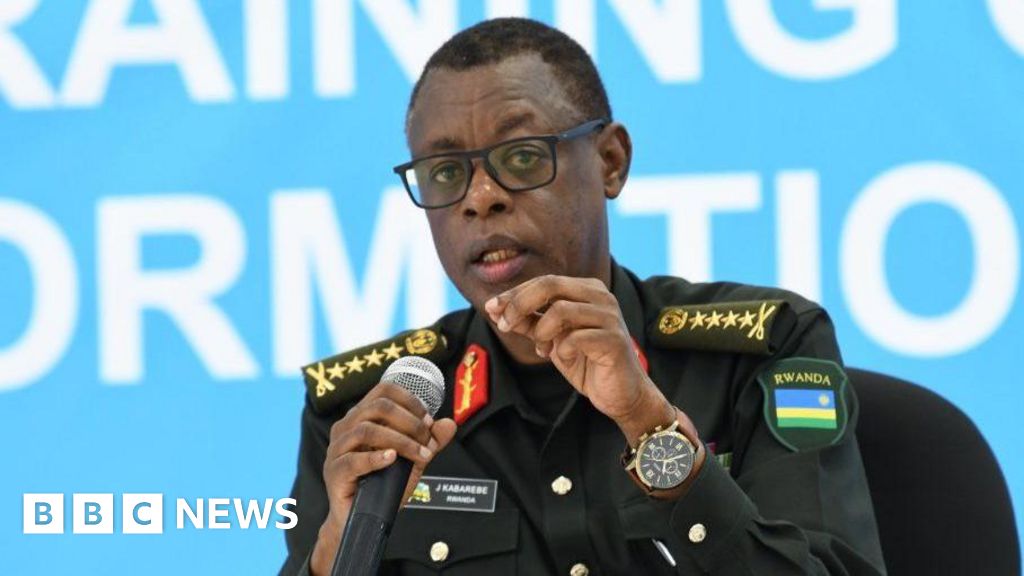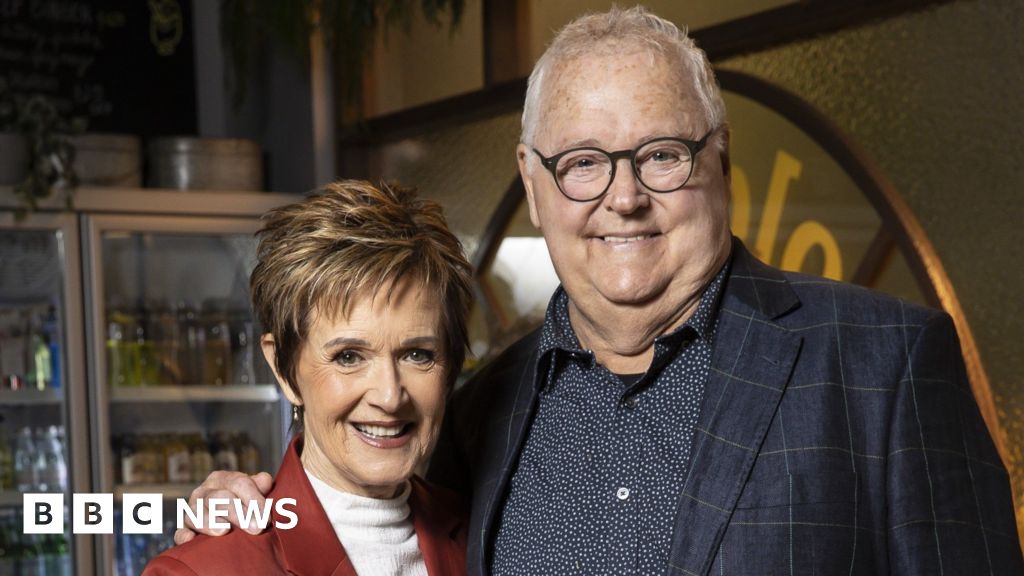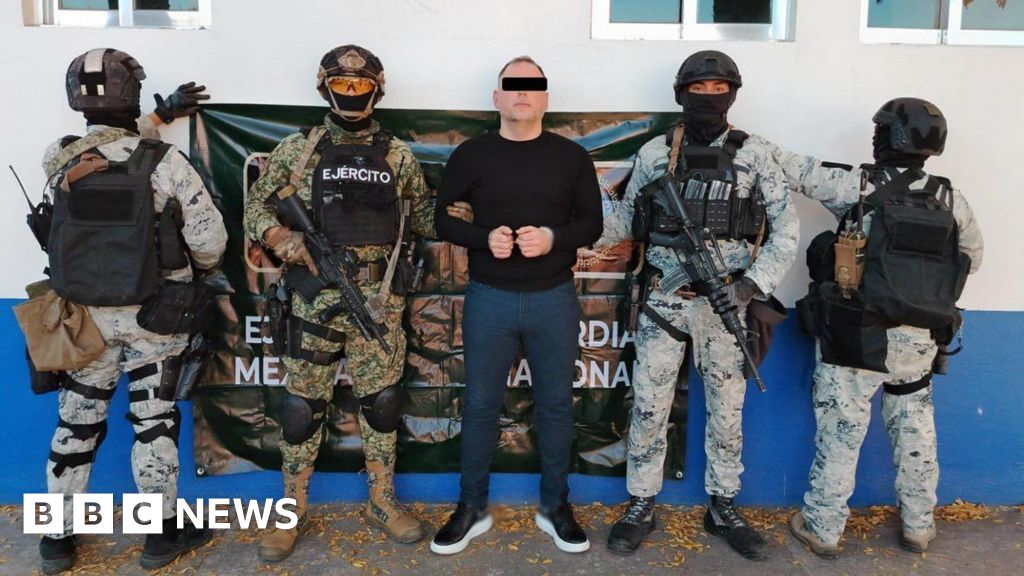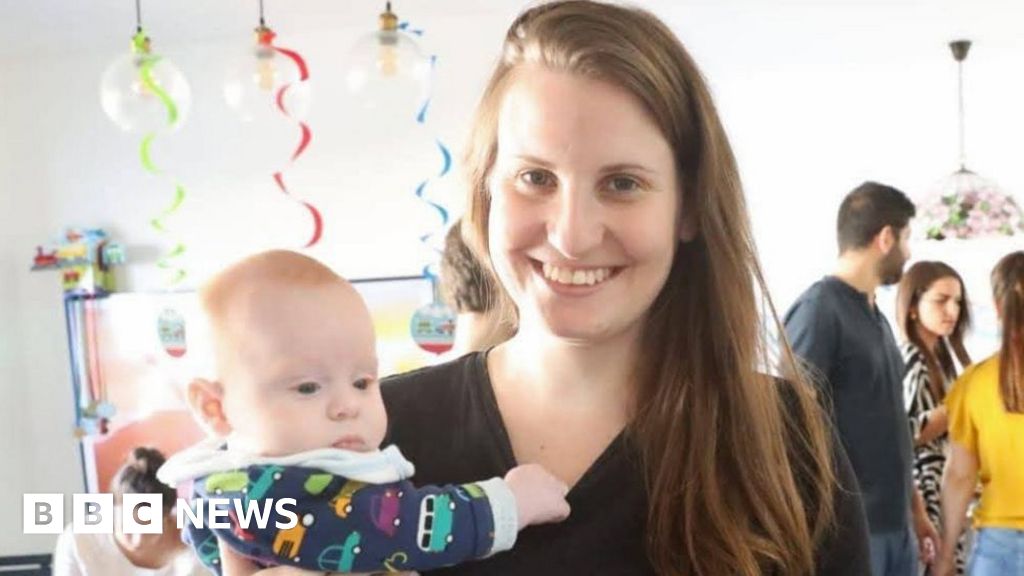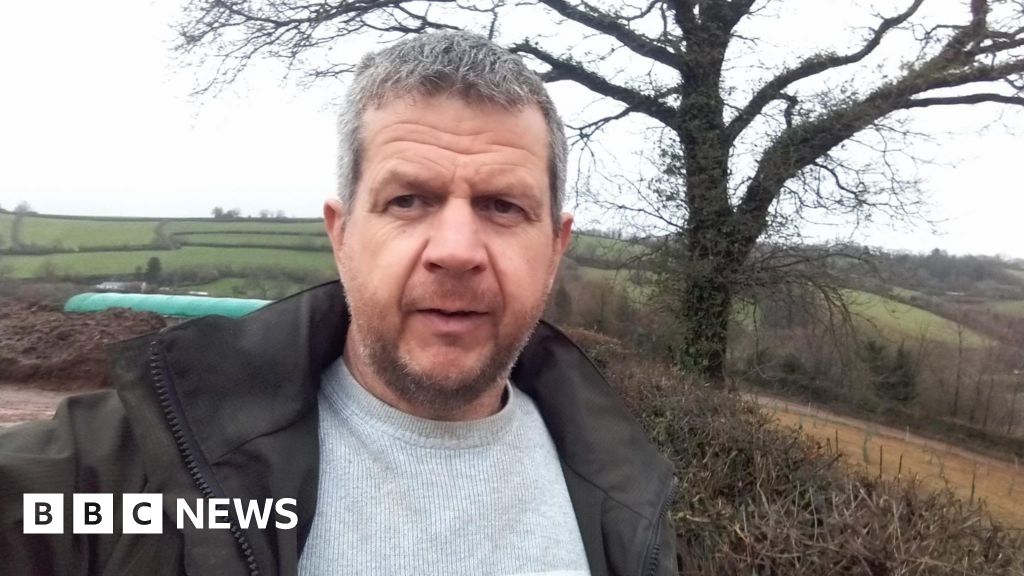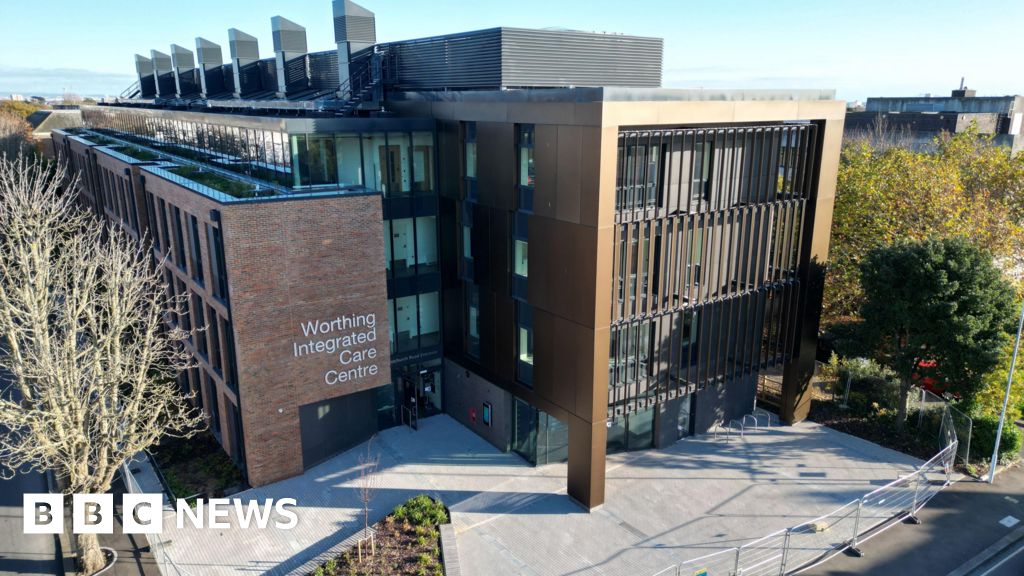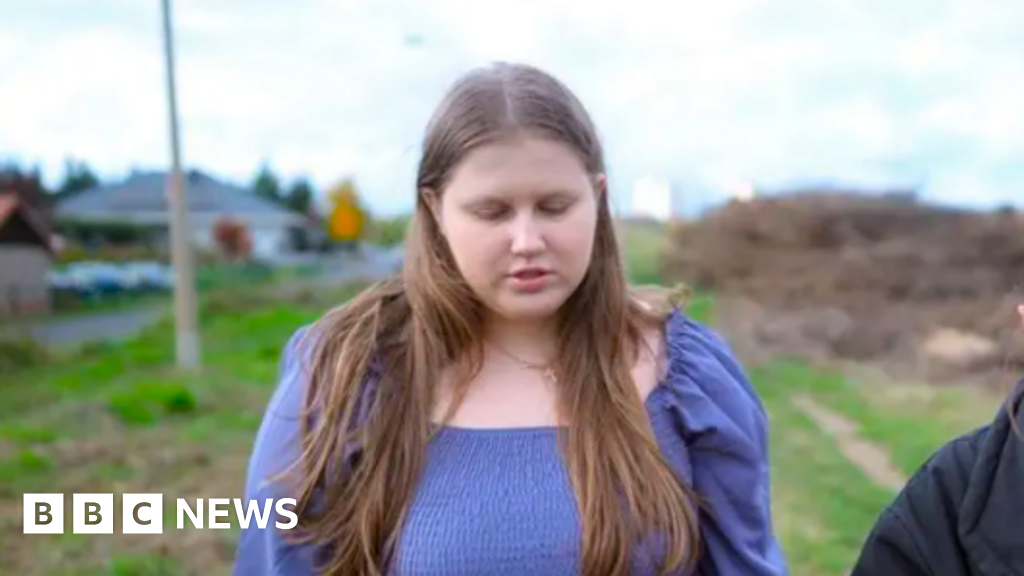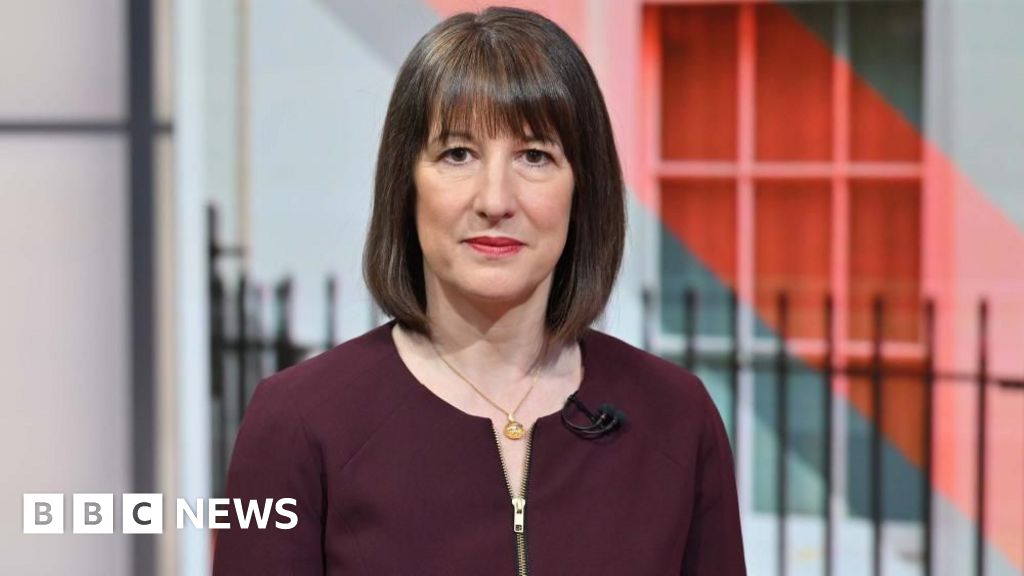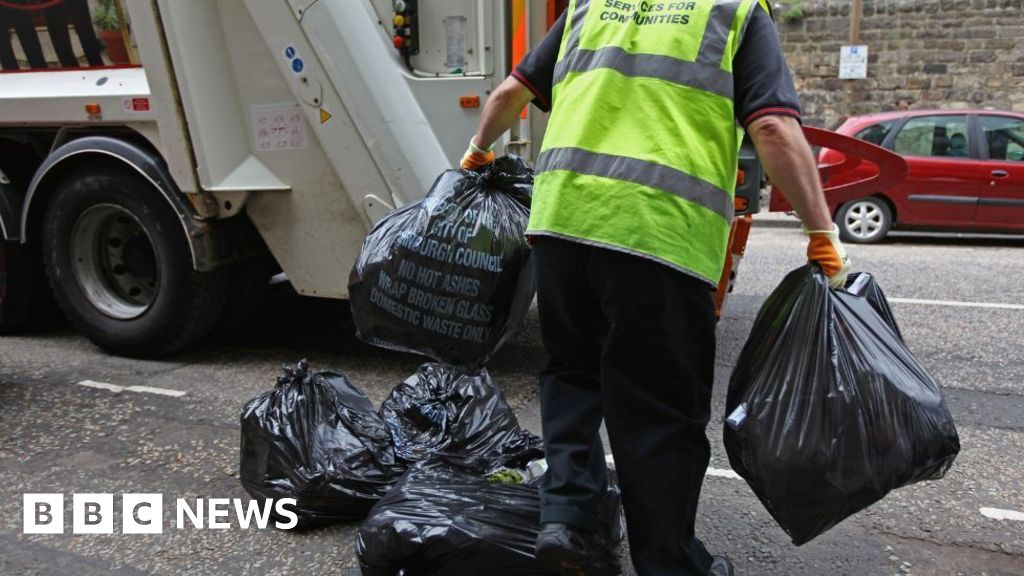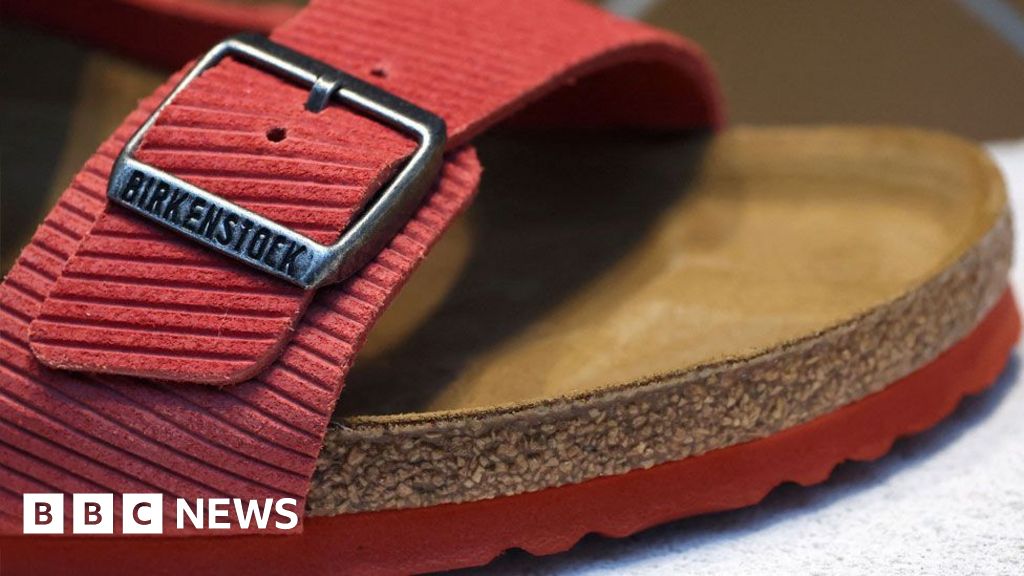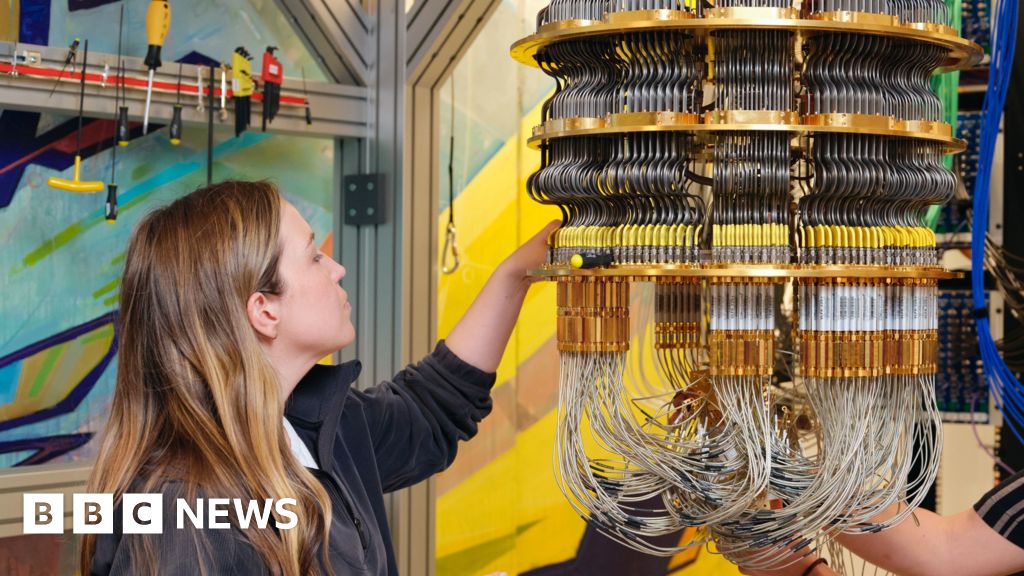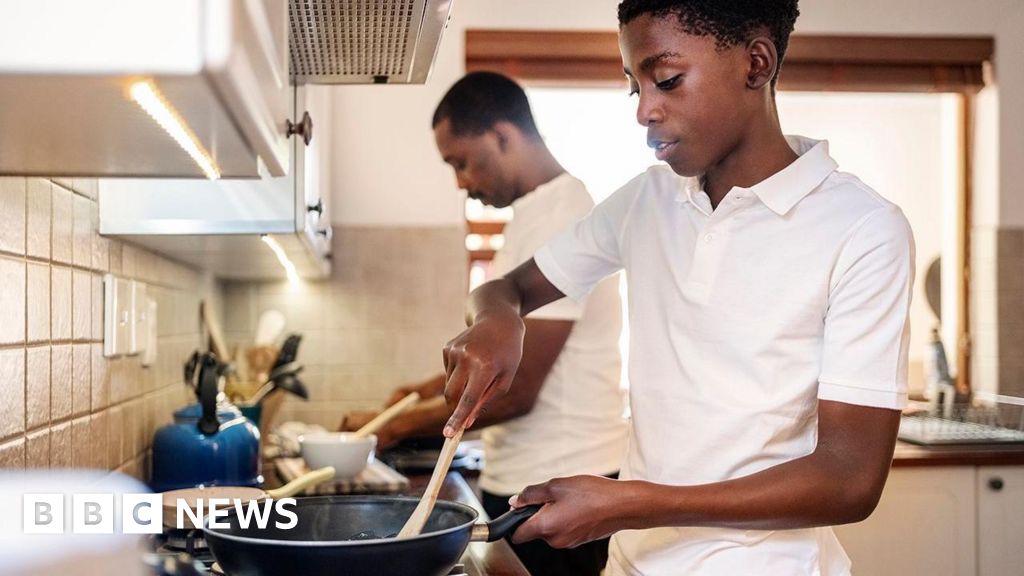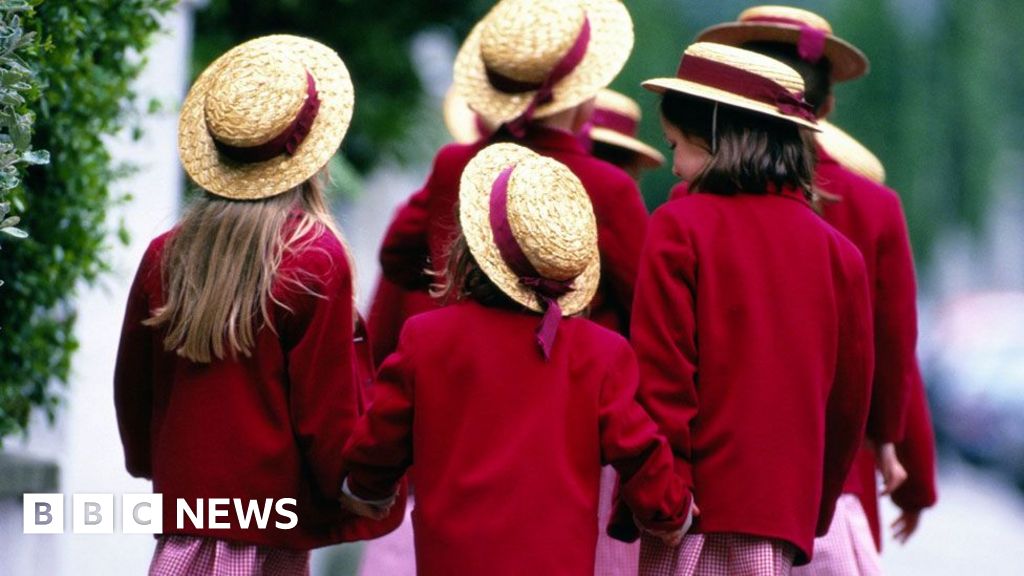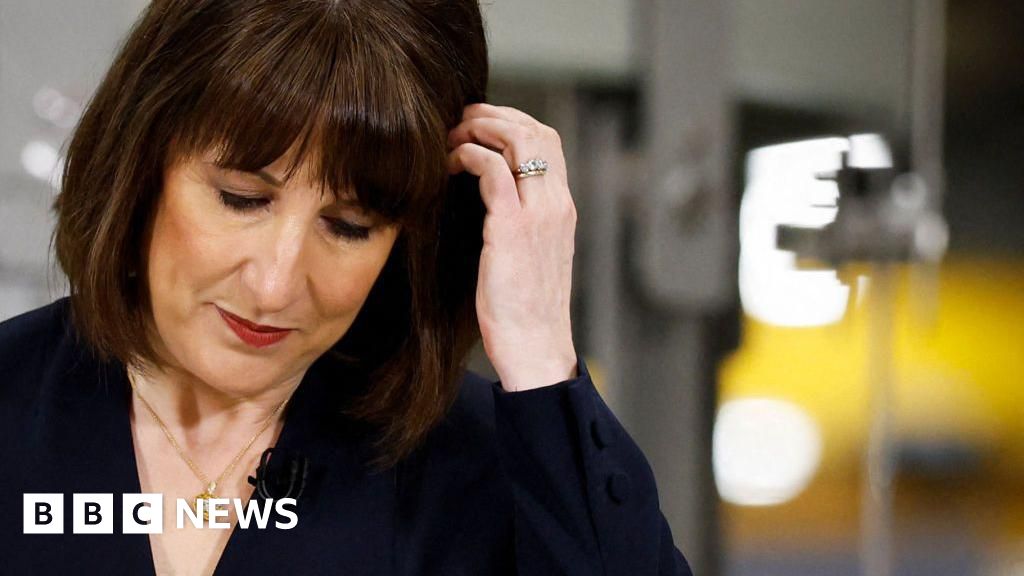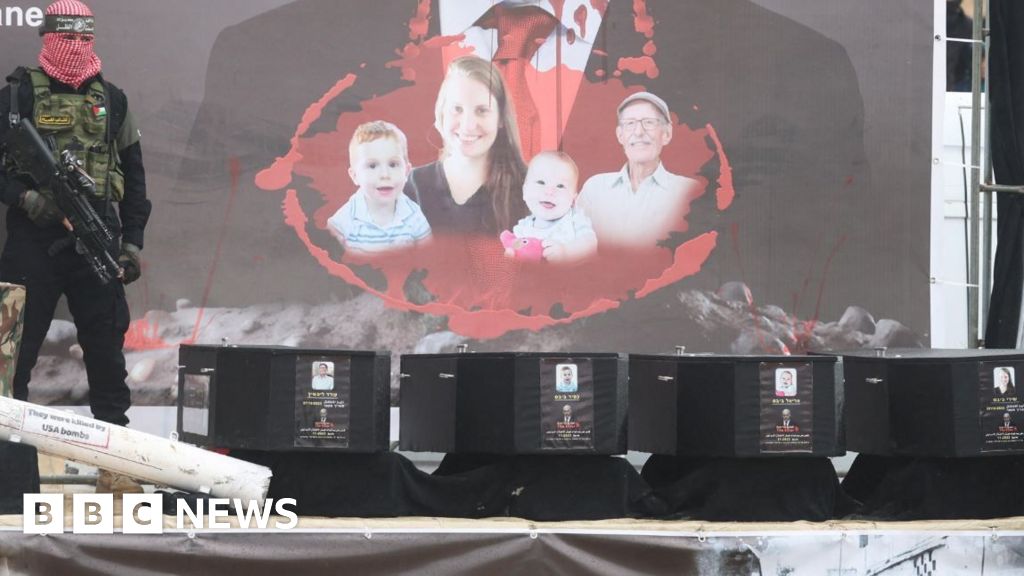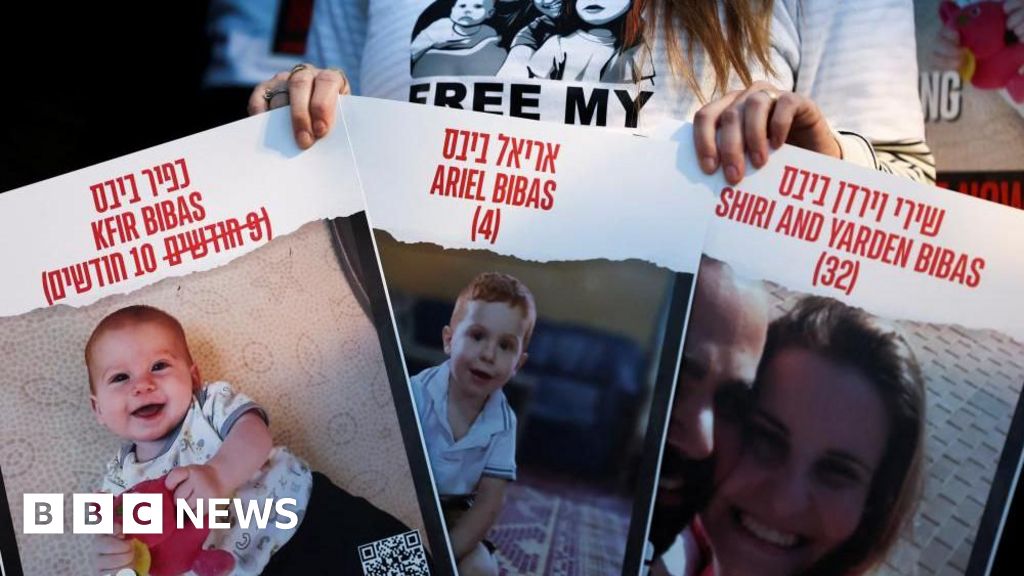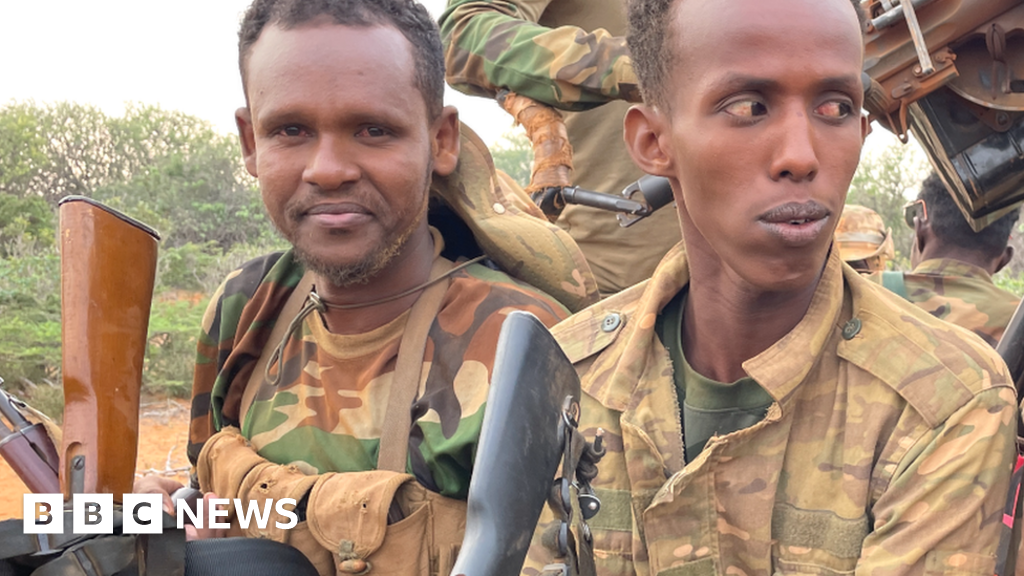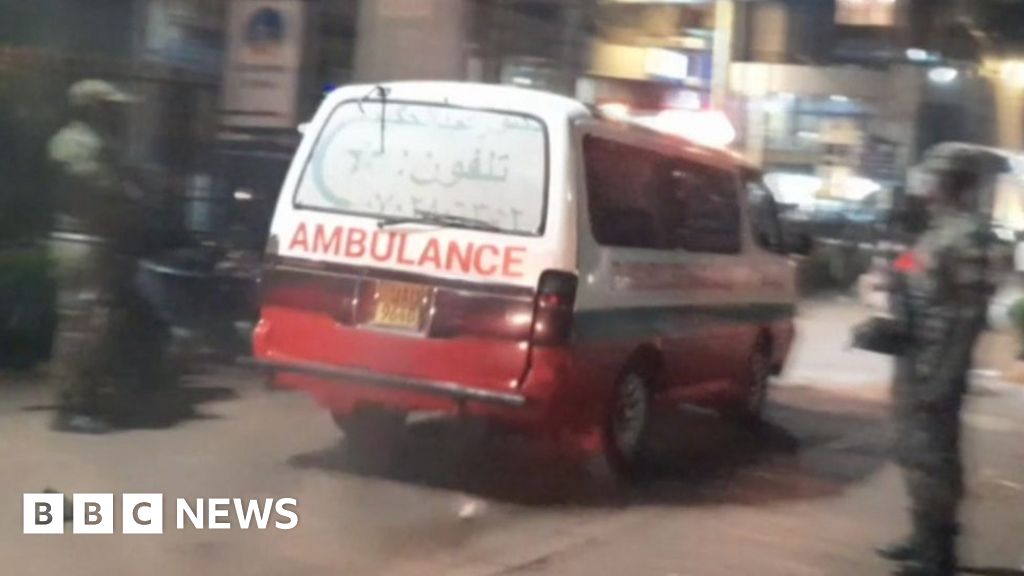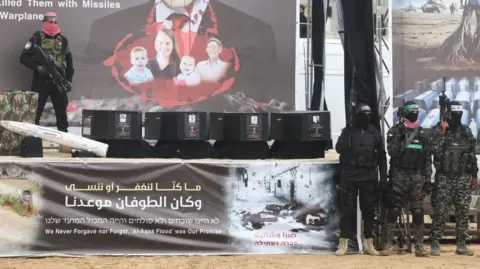 Reuters
ReutersIsrael has received the bodies of four hostages taken alive by Hamas in its attack on 7 October 2023.
It is the first time the group has returned captives dead since the ceasefire began last month.
Hamas says the bodies are those of a mother and two children from the Bibas family, whose unknown fate has gripped Israel, and Oded Lifschitz, 84, a veteran peace activist.
Israel says it will confirm their identities after forensic examinations. Prime Minister Benjamin Netanyahu said “the heart of the entire nation is torn”, adding that Israel was dealing with “monsters”.
Six living hostages are due to be freed on Saturday.
In choreographed scenes reminiscent of recent handovers of livings hostages, four black coffins were laid out on a stage decked with propaganda in Khan Younis in southern Gaza in front of crowds of spectators.
A Red Cross official appeared to sign documents at a table alongside armed Hamas fighters before the coffins were driven away in Red Cross vehicles.
 EPA
EPAThey were then transferred to Israeli forces in Gaza and brought to Israel. People -many with Israeli flags and yellow ones representing the hostages – lined the streets as a police convoy with the coffins passed by. They are being taken to the Abu Kabir forensic institute in Jaffa, Israel, where the bodies will undergo post-mortems.
Earlier the Red Cross had called for a dignified handover by Hamas following widespread denunciation of the way in which it had released hostages in recent weeks.
The news – though unconfirmed by the Israeli government – that Shiri Bibas, 33, and her sons (who would now be aged five and two) are dead triggered an outpouring of grief across the country.
In a statement, the Bibas family in Israel said it was “in turmoil”, adding that “until we receive definitive confirmation, our journey is not over”.
It is not known how Shiri, Kfir and his brother Ariel – if confirmed – died. Hamas said in November 2023 that they had been killed in an Israeli air strike, without providing evidence. At the time, then-member of Israel’s war cabinet Benny Gantz said there was no confirmation of the claim.
The family were taken along with the father, Yarden, from kibbutz Nir Oz when hundreds of Hamas gunmen burst through the border with Israel and attacked communities, security forces sites and a music festival.
 Israel Police
Israel PoliceAbout 1,200 people – mostly civilians – were killed in the attack and 251 others taken back to Gaza as hostages. Israel launched a massive military campaign against Hamas in response, which has killed at least 48,297 Palestinians – mainly civilians – according to the Hamas-run health ministry.
Yarden Bibas, 35, was released on 1 February along with two other hostages as part of an exchange for 183 Palestinian prisoners held by Israel.
Oded Lifschitz, a retired journalist, was also taken from Nir Oz, along with his wife, Yocheved. The 85-year-old woman was freed by Hamas two weeks later.
Oded Lifschitz had been held by the armed Palestinian group Islamic Jihad since 7 October 2023.
The release of hostages’ bodies was agreed as part of the ceasefire deal which came into effect on 19 January. Israel has confirmed there will be eight.
The two sides agreed to exchange 33 hostages for about 1,900 prisoners by the end of the first six weeks of the ceasefire.
Talks on progressing to the next phase of the deal – under which the remaining living hostages would be released and the war would end permanently – were due to start earlier this month but have not yet begun.
Twenty-eight hostages and more than 1,000 prisoners have so far been exchanged.
Sixty-six hostages taken on 7 October are still being held in Gaza. Three other hostages, taken more than a decade ago, are also being held. About half of all the hostages still in Gaza are believed to be alive.



